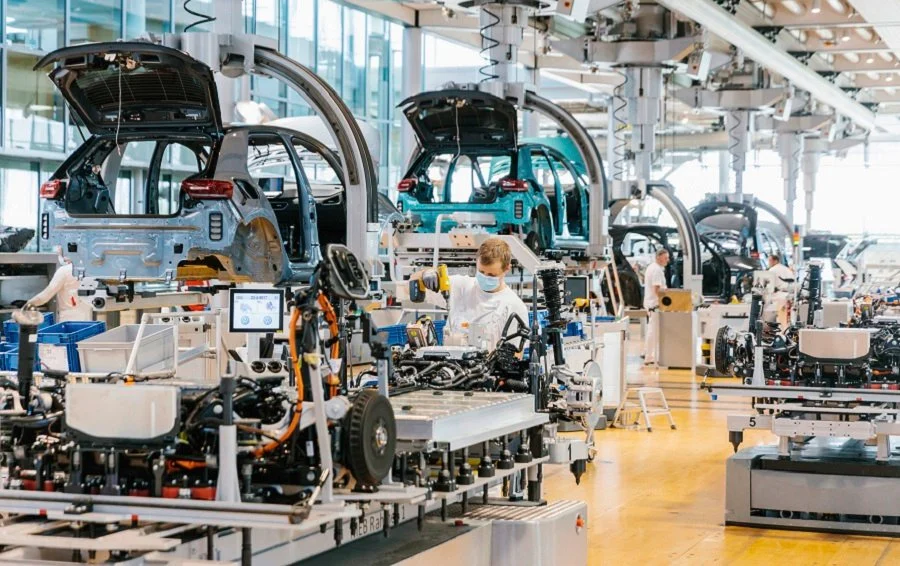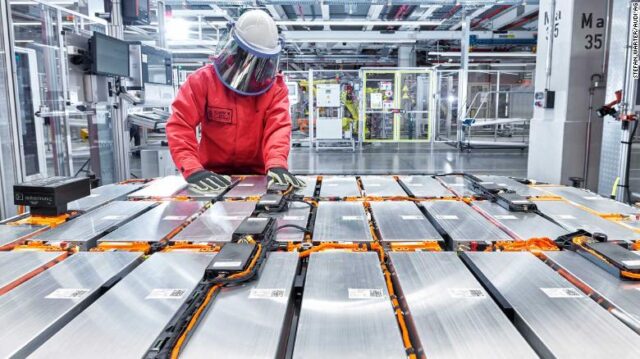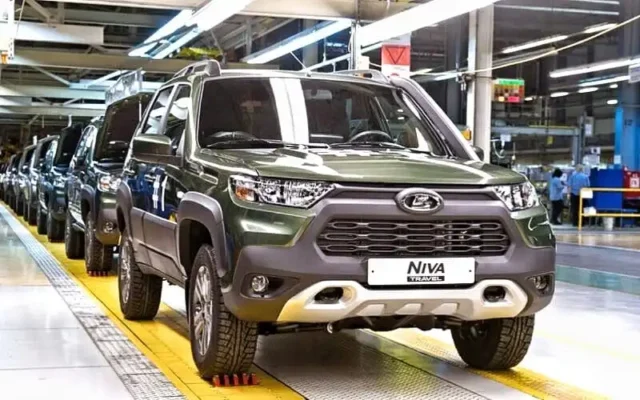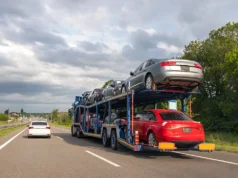
With the ongoing war in Ukraine, the Russian invasion of 2024 has had a significant impact on the auto industry. Car manufacturers and partners of Russia have been forced to halt production and many workers have been laid off. Sales have plummeted and the industry is in a state of crisis. The Russian Ruble has also lost substantial value, making it difficult for people to purchase cars. In addition, many companies are now reluctant to do business with Russia because of the political instability there. With so much going on, it’s difficult to know what the future of the auto industry beholds.
Buyers should always read the sticker on the windows of vehicles for sale at car dealerships to learn about any warranties included with the vehicle as well as their duration. Moreover, the window stickers contain important information about included add-one accessories such as Bluetooth, stereos, window tinting, and more. Auto dealerships can purchase dealer window stickers and other auto dealer supplies from MBR Marketing at https://mbrmarketing.com/dealer-supplies/stock-window-stickers. Here’s how the invasion is impacting the auto industry.

Fewer Cars Sold
As a result of the invasion, many companies are now reluctant to do business with Russia. Companies are no longer shipping automotive supplies to the country, and they’re also suspending all new investments and production in the country.
For example, Ferrari is halting their production of vehicles for the Russian market. GM has announced that it will stop shipping cars to Russia, as well as cease production at their plants. Audi is cutting the production of their A4 and A5 models. Volkswagen Group has essentially stopped all their production in Russia. This shortlist is only a small sample of the companies that are suspending operations in Russia or are forced to change their production plans. It’s not surprising either as these repercussions were to be expected. Unfortunately, this is having a ripple effect on suppliers and other businesses that support the auto industry.
The decrease in demand for cars is also having an impact on prices. Car dealers in Russia are forced to offer big discounts on vehicles but are still struggling to sell them. That’s primarily because the Russian Ruble has lost tremendous value recently and has made it far more expensive for citizens to purchase vehicles and other goods. Looking at the rate of Russian Ruble depreciation, it seems that this trend will continue in the near future, further depressing sales figures.
Overall, this will undoubtedly lead to a drastic decrease in automotive sales. On the other hand, this gives Chinese automakers an opportunity to rapidly gain market share, as they continue production in Russia. This could negatively impact Russian auto manufacturers even further, as they’re losing market share to their foreign counterparts. All of these factors add up to a bleak outlook for the Russian automotive market.

Shortage of Essential Raw Materials and Increased Prices
Both Ukraine and Russia are large producers of essential raw materials such as nickel and lithium. These are used to make batteries and power electric vehicles. The ongoing war poses a problem for automakers who have been producing electric vehicles but no longer have sufficient access to these materials.
Tesla, for example, has been forced to decrease the production of some of their models due to a shortage of parts. Ford has had to idle production at some of their plants due to a lack of parts. It’s not just luxury automakers that are being impacted, but mass-market companies as well. This is a direct result of the invasion of Ukraine and the subsequent embargo placed on automotive exports to Russia.
The shortage of essential raw materials is also having an indirect impact on the auto industry. For example, the price of palladium, used in catalytic converters, has increased greatly this year and may continue to rise. This will make it more expensive for companies to produce cars, and will likely lead to increased prices of vehicles in the near future. Combined with unstable markets, it’s unlikely that new-vehicle buyers will be able or eager to purchase newcars. Gas prices have been surging ridiculously high as well, which further impacts the affordability of vehicles.
Additionally, semiconductors were already short in supply, but the shortage is expected to worsen due to the war. This will result in a global shortage of cars, as semiconductors are essential for modern vehicles. The war is also causing a shortage of copper, which is used in wiring and other electrical components.As more supplies become scarce, the cost of producing vehicles will only continue to increase.

Russian Automotive Partners Unsure About the Future
Russian automotive partners are feeling the impact of the Russian invasion of Ukraine. Bosch, Continental, and other suppliers have all expressed uncertainty about their future in Russia. They’re concerned about the political instability and how it will impact their business dealings in the country. These suppliers are vital to the automotive industry, so the unforeseen future of their business in Russia is likely to have a significant impact on the industry as a whole. As more partners continue pulling the plug on Russia, it may be devastating for the industry.
Furthermore, these suppliers are also feeling the effects of the decrease in demand for cars. As production decreases, some companies may be forced to lay off workers as they’re losing revenue. This will have further repercussions on the local economy and could lead to even more political instability.
As a result of all these factors, it’s clear that the Russian invasion is having a consequential impact on the automotive industry. And this is likely to continue in the foreseeable future, as the war shows no sign of ending. Companies around the world are feeling the effects and are struggling to adapt. It’s a difficult time for the industry, but there’s not much to do but to see how it changes in the years to come. Let’s continue to hope that the situation improves soon.









